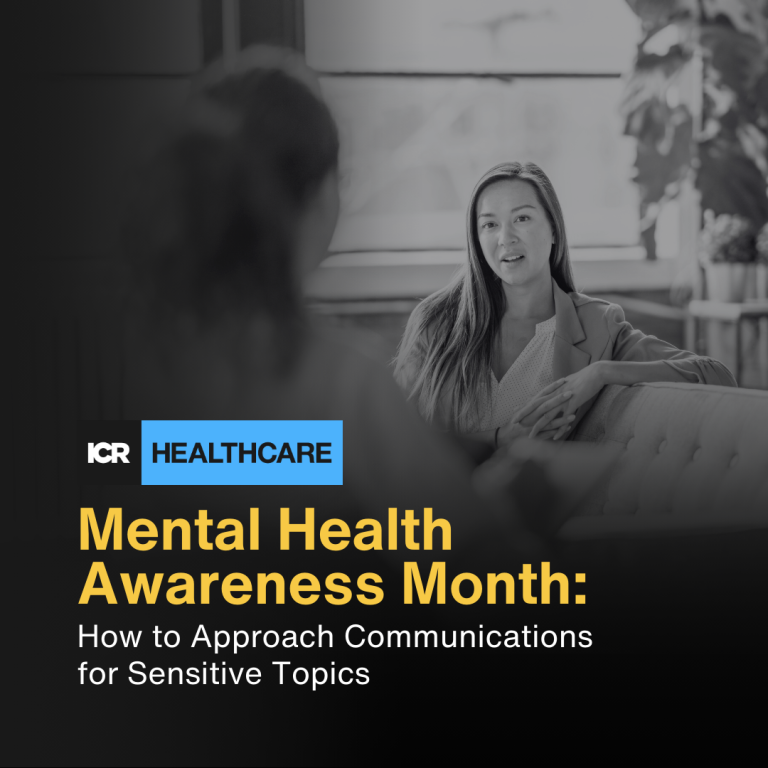Each year brings new challenges and opportunities to the CFO’s office, and 2020 will be no different. The responsibility to effectively communicate a company’s investment story to the financial community constantly evolves as business performance, sector shifts and macro developments combine to influence what and how management teams need to do to best connect with investors.
As we move into 2020, here are some of the most significant developments and issues to be on the lookout for.
- The secular shift to passive investment strategies
In the latter half of 2019, we saw the assets under management (AUM) of passive funds surpass actively managed funds for the first time. This trend has only continued, indicating that 2020 will widen the gap. That means CEOs and IROs need to have a two-pronged investor relations (IR) program, as the focus areas and communication needs of the two groups are quite different. This impacts the materials you develop, the type of content you provide, the outreach strategy and timing, overall messaging, and more.It also means keeping a close eye on and understanding the qualifications of underlying indices that the index funds and ETFs follow, as well as the rebalancing and trading patterns of the fund. If a stock falls out of the index, that can have a meaningful impact on share price and volatility, regardless of company/industry performance. In fact, some hedge funds will take short positions in stocks based on the potential for it to fall out of an index that represents one of its larger holdings.
- The growing importance of ESG
With the shift to passive investment strategies comes the growing importance of Environmental, Social & Governance (ESG) monitoring and reporting, as it serves as the primary mechanism by which passive funds evaluate their holdings.While ESG reporting continues to evolve, companies can no longer wait to adopt an ESG program and communicate its goals, execution, and performance. Certainly, we expect that over time, we will see better clarity and consistency of ESG goals and objectives.Also, certain aspects of ESG reporting, particularly around ephemeral topics such as estimates of carbon footprint or exposure to climate change risk, are hard to estimate, so establishing safe harbor provisions that cover ESG factors and limit the risk of retrospective litigation is critical. However, there is no debate that investor interest in this topic is expanding rapidly, and institutional capital will increasingly shift toward companies that meet the definitions of good corporate citizenship in all facets of their organization and operation.
- A slower-growth economy
With current projections suggesting a slowdown in economic growth in the U.S. and globally, CFOs need to prepare to adjust. As the market digests slower growth, multiples will also re-adjust. It is important to take steps to ensure that your balance sheet is well positioned to help you weather a slowing economy, or to opportunistically take advantage of M&A opportunities. If investors view a company as over-leveraged in a decelerating economy, the stock could come under pressure. As rates are expected to stay lower for longer, companies should plan to refinance or call higher cost debt to lower their incremental cost of capital. While stock buybacks have been in vogue lately, following the recent market gains, companies need to evaluate the best capital allocation strategies. Management teams need to be prepared to address all of these issues with investors.
- Shareholder base turnover
After a big year for most sectors with respect to shareholder returns, investors are cautious, trying to protect gains or assess the opportunity cost of not cycling out of last year’s winners. Companies may see some turnover in their shareholder base if they had outsized returns in 2019. If so, it will be increasingly important to continue to articulate the long-term investment proposition, be transparent, remind investors of their track record of delivering results and set guidance that is easily achievable.
- The presidential election
The election and other geo-political noise is likely to escalate as the year goes on. Companies should expect distractions, delays and high degrees of inertia in the second half of the year. If they need to raise capital or execute other transactions or strategic priorities, they should try to get them done in the first half of 2020. In some sectors, like those dependent on advertising, the election will potentially impact them through increased cost or competition for consumer attention, and they will need to be prepared to discuss that impact and their plans with investors.
- Policy and legal developments
Every year brings new changes in law and policy developments that impact investor perception and companies’ results. Two hot topics for 2020 include:- Minimum wage: With more than 21 states increasing the minimum wage and over half of those topping the $15 an hour mark, a number of industries will feel the impact on labor costs. Similarly, investors are closely watching the gig economy legislation in California, which could be an indication of things to come.
- Tariffs: While there appears to be a truce emerging in the recent trade war, the reality is for companies that still import product from China, a lot of goods will still be subject to increased tariffs in 2020. Companies seemed to be able to offset this increase in 2019 by bringing product in early ahead of the increases, but how will this affect 2020 when most or all of their China-sourced inventory comes at a higher cost?
- Ongoing impact of MIFID II and further evolution of the sell-side research model
As the regulation around compensating banks for equity research upends their economic model, research departments will continue to lose talent, making quality research coverage harder to come by. Small and midcap companies will feel this impact first and most significantly, as banks align their research coverage with trading economics, resulting in a bias toward larger cap company coverage. Further, these changes will require companies to more actively plan their corporate access program. The evolving research landscape also underscores the importance of strategically planning investor conference attendance as conference quality becomes less reliable.
Every year will bring unexpected developments that CFOs and management teams need to react to on the fly. But taking some time to consider these trends and developments will help you better develop your investor relations strategy and communicate your message to Wall Street in 2020. For a deeper conversation on how to optimize your investor relations strategy for 2020 and beyond, contact us.



